Dr. Gopal Midha and Dr. Tanushree Rawat
Evaluating and assessing students is a big part of the teacher’s job. It helps her understand where her students are on the learning
graph and if and how she should change her teaching methodology. But what about the teacher herself? Who is to assess her performance? Are there systems in place to measure teacher effectiveness? Usually student performance is considered a reflection of the teacher’s performance, but is that all there is? How well a teacher knows and imparts her subject is only one aspect of measuring teacher effectiveness. Evaluating teachers and their teaching is a difficult and sensitive issue, but one that is also very important. While discussing the challenges of teacher evaluation, the cover stories in this issue also point to the tools one can use to make it fairer and more empathetic.


